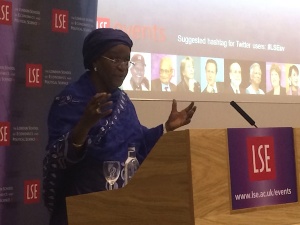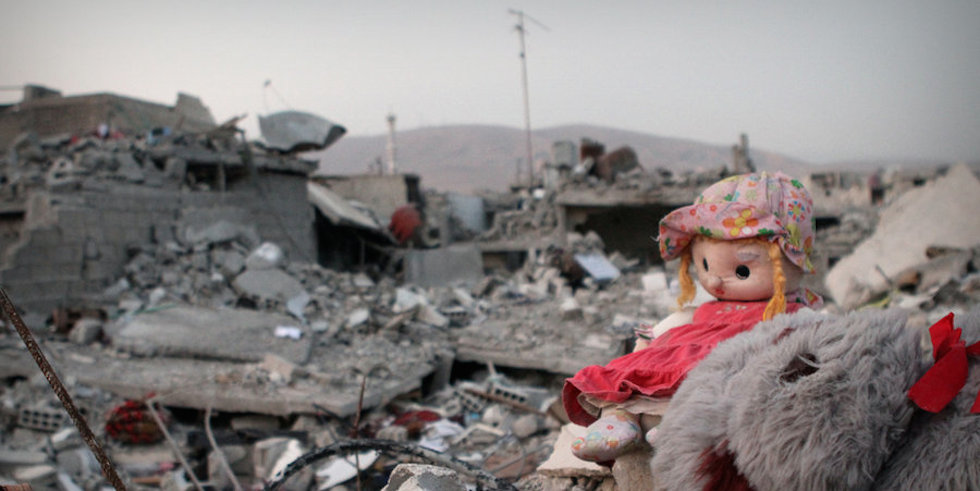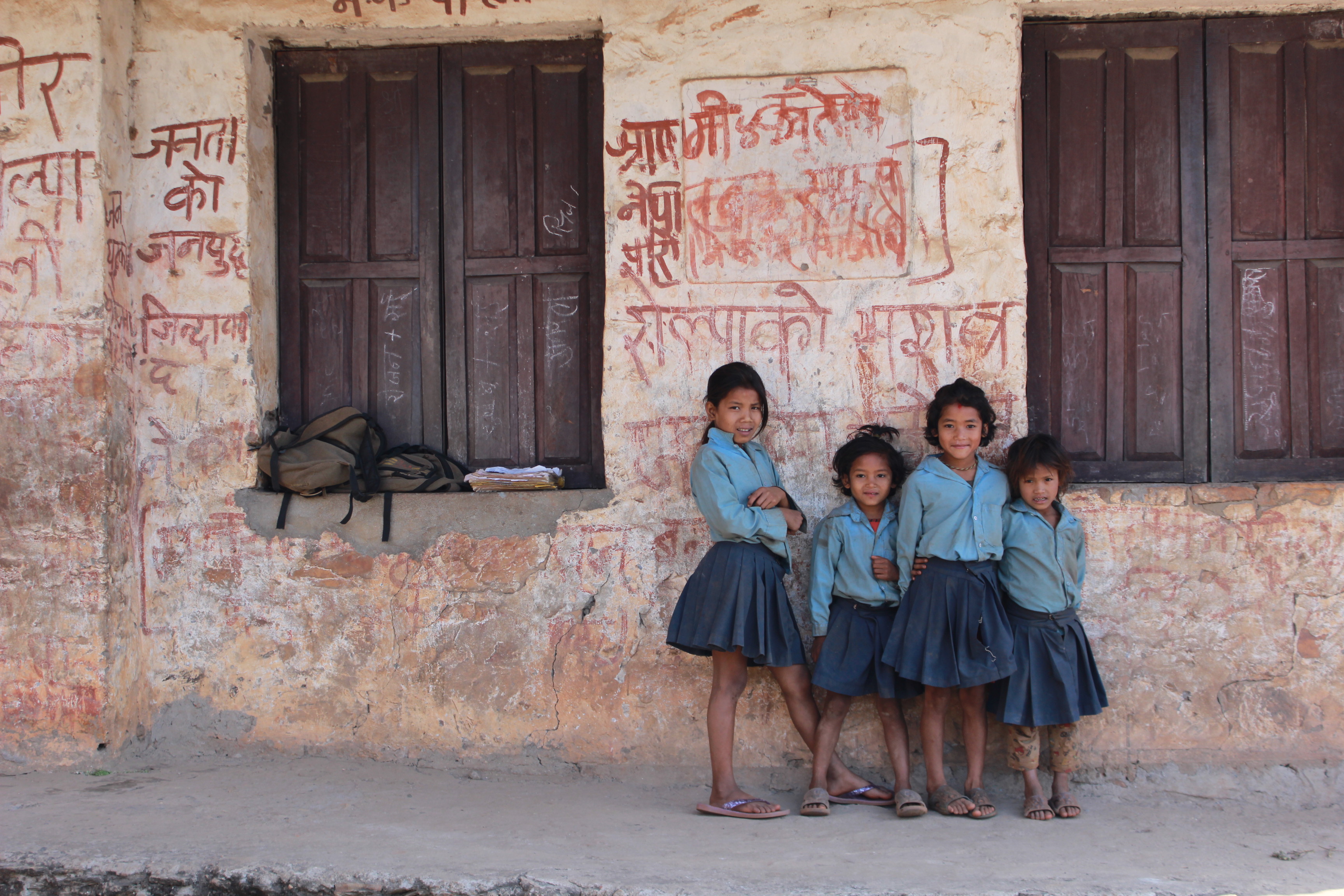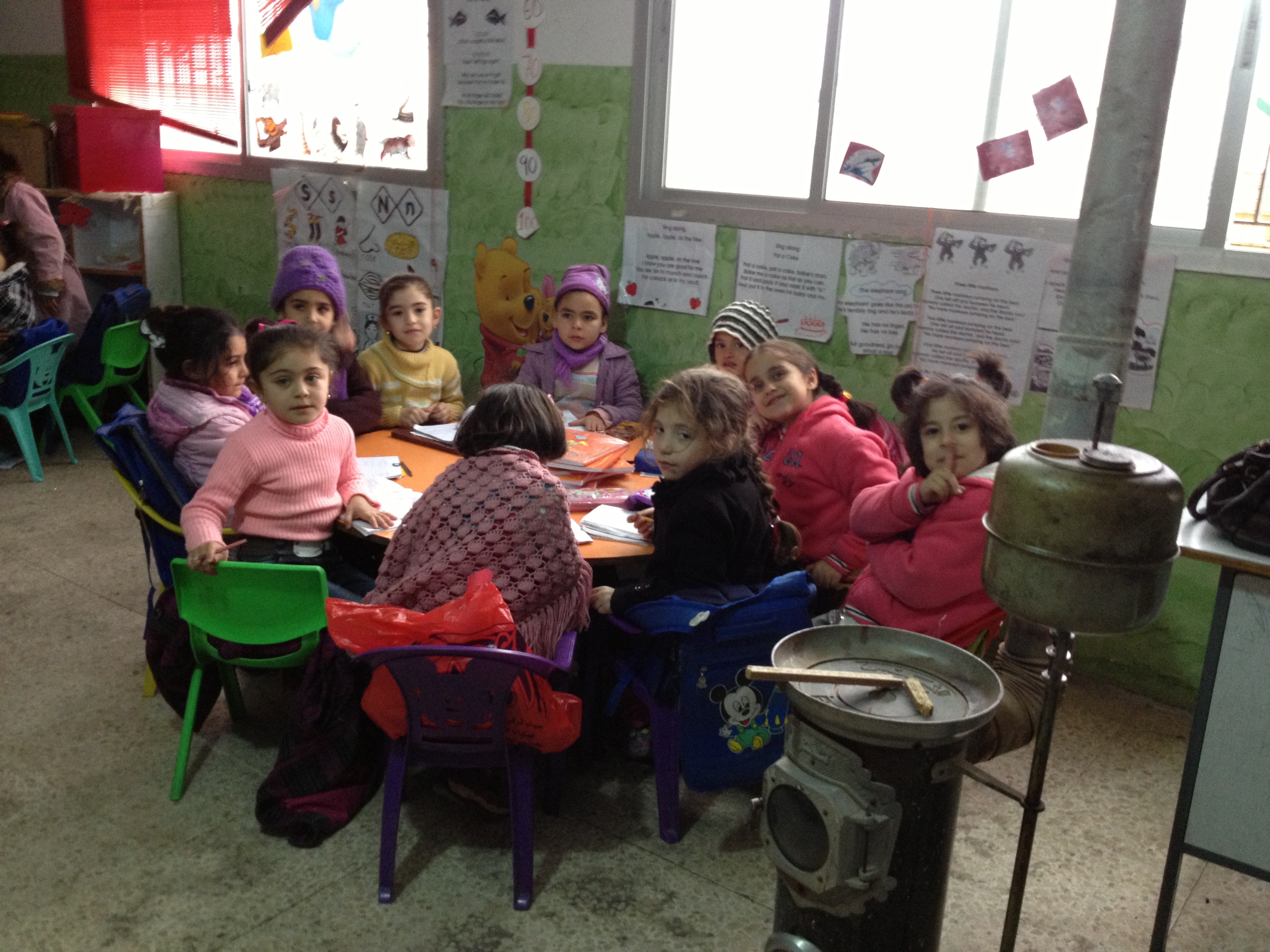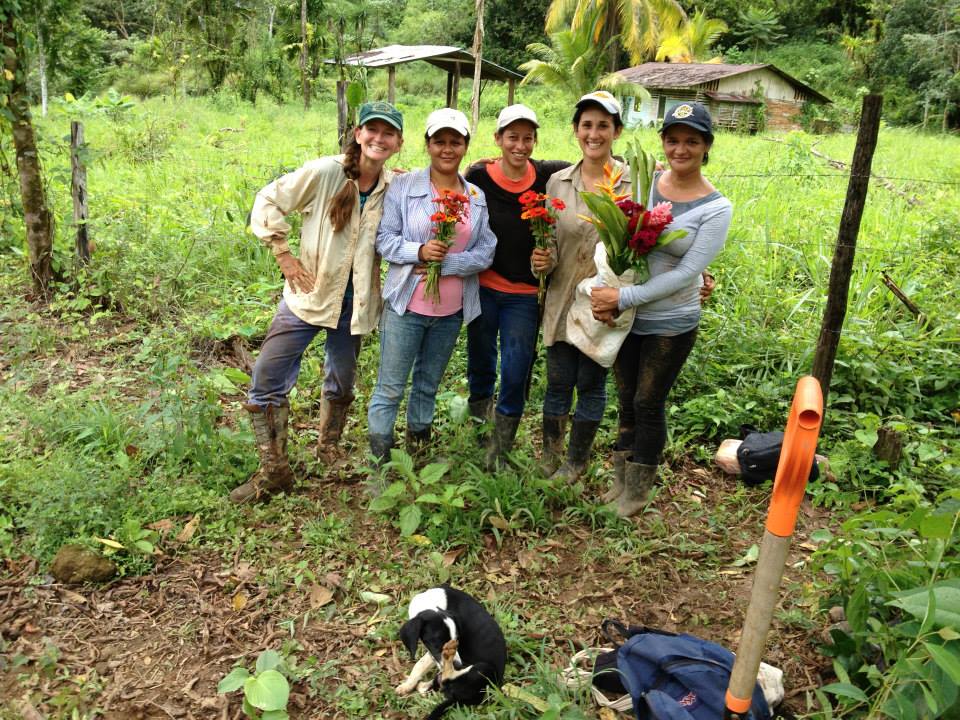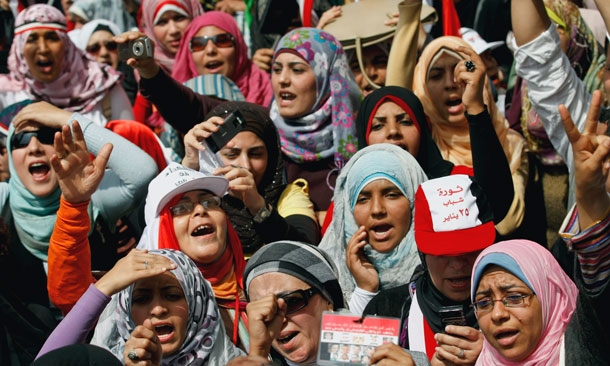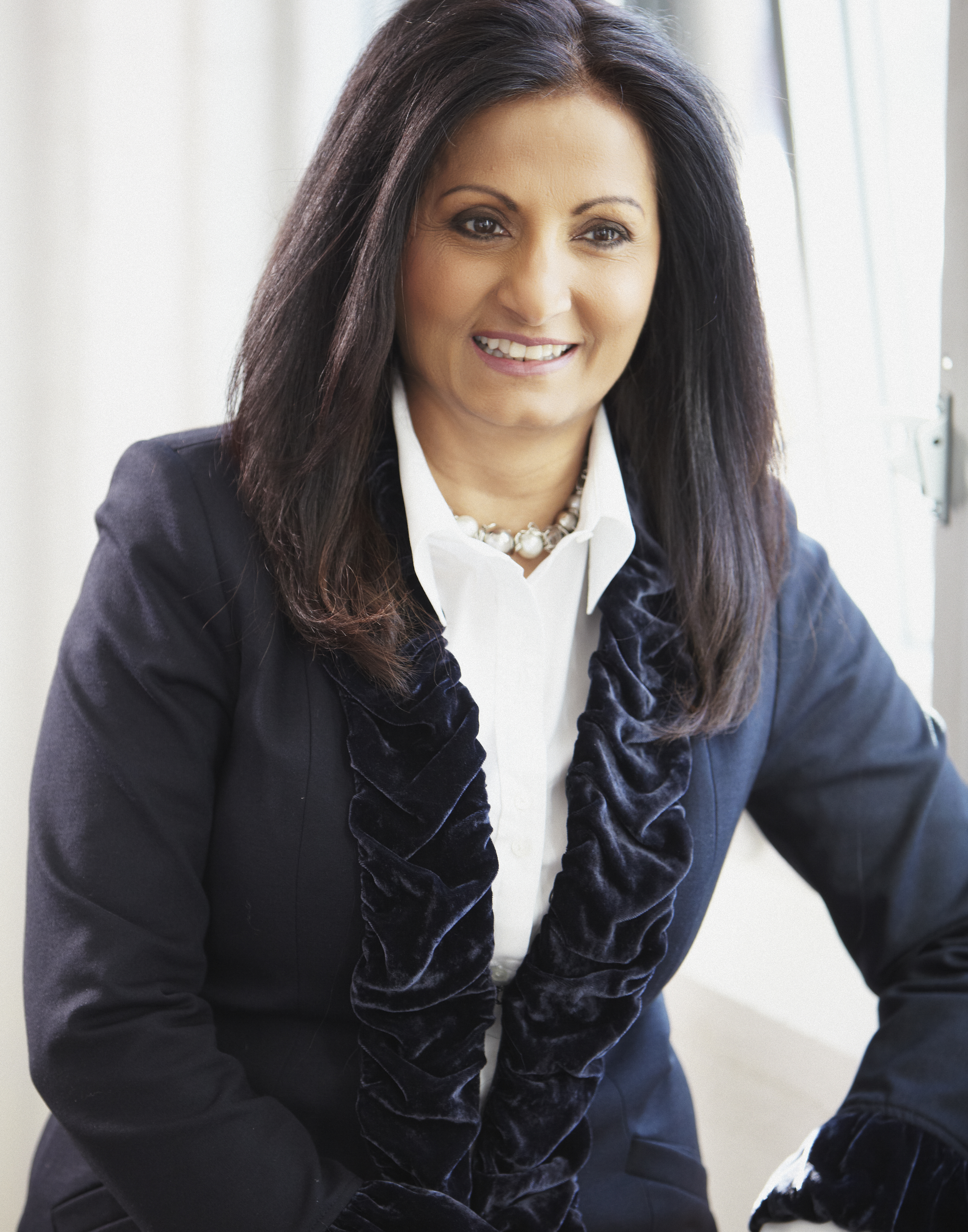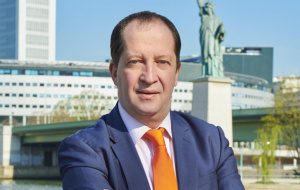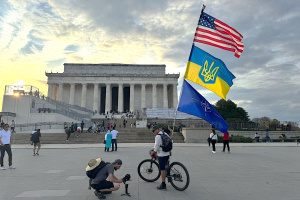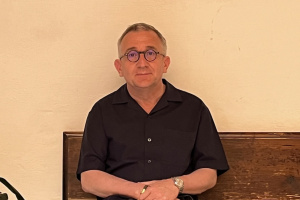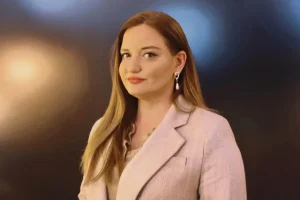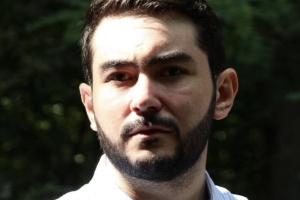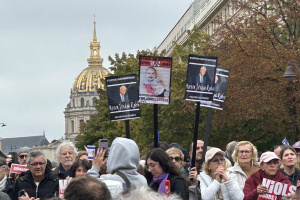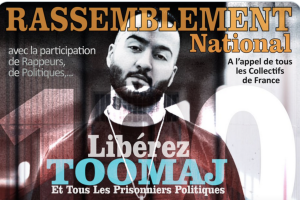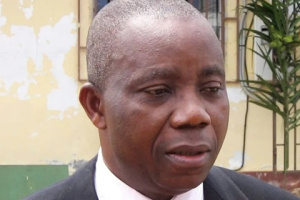Since Tuesday, over 150 country representatives are gathered in London for the Global Summit to end sexual violence in conflict. Aside from these high-ministerial meetings, international organisations and UN agencies are mobilised and offer countless panel discussions and conferences where they share best practices and discuss solutions in regard to put an end to these war crimes. Amongst them took place the lecture, delivered by UN Special Representative of the Secretary-General for Sexual Violence in Conflict, Ms Zainab Hawa Bangura, at the London School of Economics (LSE), on the responsibility of corporations in the fight against sexual violence in conflict.
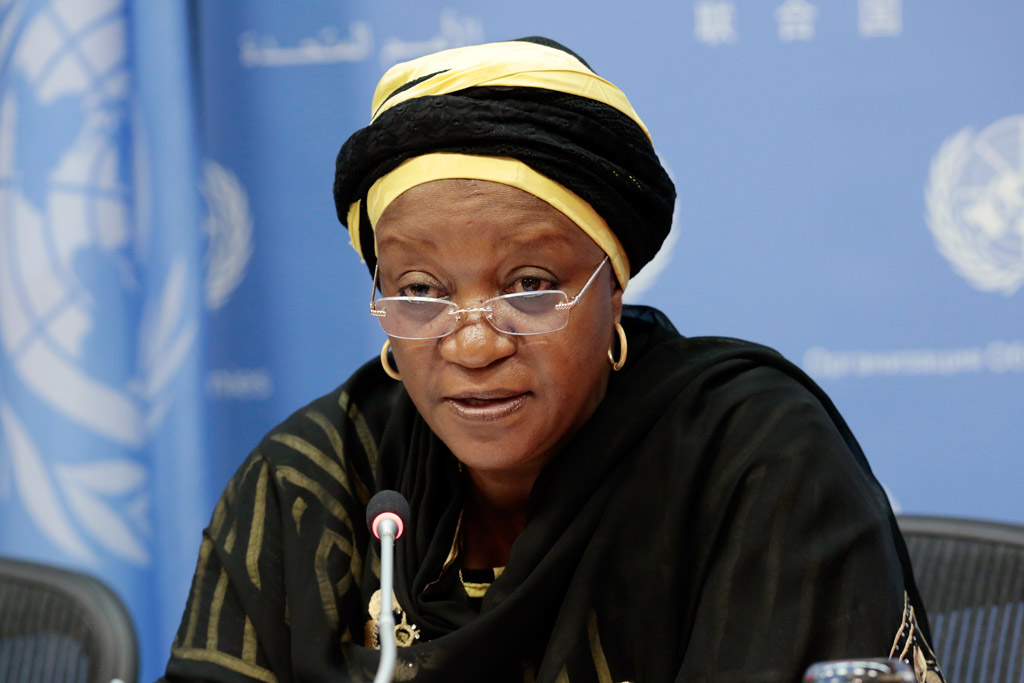
UN Special Representative of the Secretary-General for Sexual Violence in Conflict, Ms Zainab Hawa Bangura © un.org
« Consumers have the power to bring peace » she said, as she shed light on the link between sexual violence and conflict minerals, particularly in conflicts across Africa. Taking the example of her home country Sierra Leone, torn in a decade-long civil war during the 1990s, SRSG Bangura pointed out that only the regulation of the diamond trade, between the political leaders and the private sector, was able to bring the conflict to a close.
She went on explaining how the will to control minerals, be it coal, tin, tantalum or some other mineral, often fuels conflicts. Rebel groups then use sexual violence to scare populations off and make them flee, so that they can settle into the area and take control over minerals. This happens at the high cost, through rapes, of destroying families and communities and deeply destabilising countries.
This is where corporations have a role to play. As the mineral trade is a very important source of livelihoods for people in war-torn countries, SRSG Bangura cannot be asking cooperations to not use minerals from these countries; rather, she asks them to « ensure that the profits from the minerals they buy are not lining the pockets of warlords, by buying minerals from smelters who can guarantee that their minerals are conflict free. »
An important tool is openness about their sources, because then consumers can hold them accountable. Last February, Apple (who uses tantalum to make its iPhones) thus committed to source these minerals in Democratic Republic of the Congo in an open and ethical manner.
The big corporations need to protect human rights while making profits, she said. And consumers must play a role in this issue by increasing the pressure on the companies.
Despite her busy schedule, Zainab Hawa Bangura dedicated a few minutes to Opinion Internationale to talk about the causes of war and of sexual violence in conflict.
Opinion Internationale: You are asking big corporations to put pressure on belligerents by buying conflict-free minerals only, which would contribute to the end of the war. But that seems to address sexual violence only indirectly?
SRSG Zainab Hawa Bangura: The war would not end, actually. But, buying the minerals fuels the war; it puts money into the hands of rebels who use it to buy ammunitions and to bribe officers, which prolongs the conflict. The war has its own causes, but the longevity of the war is often impacted. In the case of Sierra Leone, when the rebels caught hold of the diamonds, it helped them buy more ammunition, which made the war longer than what we could have had. That is the challenge.
Nonetheless, we are addressing gender violence. This just means that we should not look at sexual violence in the narrow sense. A lot of challenges are related to sexual violence, and we are learning about a lot of things that fuel the issue of sexual violence, that cause and increase sexual violence in the context of a conflict. Sexual violence is not only happening with women and girls; men also are sexually abused. So it is important, in term of our programmes, to design response for men who have been abused. There is a connection between sexual violence and IDPs [Internally Displaced Persons]. In countries like Syria, a lot of people ran away when sexual violence was introduced in the conflict. Men moved their families out of the refugee camps because they discovered that they were very vulnerable.
Likewise, with the minerals, we must understand the complexity of this problem, what happens during war and what can we do to help it. All of this is coming out because we are deepening our knowledge and understanding of the context of the conflict, of the context in which sexual violence happens, and some of the challenges we face. Indeed, at the end of the day, we will not find solutions if we do not understand. As more documentation is needed, I am engaging universities to walk with us; that will give us a much deeper knowledge of sexual violence and how it happens in conflict.
Shouldn’t corporations focus on (mainly financially) supporting grassroots organisations, who are the ones bringing concrete results?
Definitely. There is no way we can solve this problem from New York, from our capitals in Washington D.C., in London, in Brussels, or in any other. Only when national actions are taken on the ground – that commit concrete national actions and activities – we can be sure to be addressing the problem of sexual violence and its consequences. Therefore it is important for us to be able to talk to partners and private sector initiatives, to be able to support different aspects of the services and provision of support that is given.
This includes the NGOs for advocacy purposes; they are the ones who work with women. I just met a woman who founded an NGO and has a school in Northern Uganda where children born out of rape, who have no access in communities, can attend a school. I never heard about it until I came here, but it tells me that so many activities are taken place on the ground, by communities. My job is to advocate for support for them, which I am doing very well with donor agencies and countries.
Talking about national action plans, how can we hold a government accountable when it is in such a state of instability that it is a war-torn country (meaning it lacks resources, infrastructure, implementation measures, etc.)?
When we talk about national ownership, first and foremost, it refers to having the right laws. Rape is not considered a crime in a few countries; when we engage governments, we have to be able to make sure that the laws are there.
My mandate gives me the opportunity to work with state and non-state actors. About Syria for instance, the opposition just sent us a letter that says they are committed to fighting sexual violence. So we are going to find a way for engaging them to be able to sit down and take firm, concrete action and activities, which they need to do. I will soon go to South Sudan and talk to both sides, which signed a facility agreement in January. This agreement says that they would stop fighting, and part of it included the issue of sexual violence in conflict.
My job is to go now and get concrete action and activities that they will do, including agreeing to set up mechanisms to investigate and to punish perpetrators who have committed sexual violence. We do not only deal with governments; we deal with armed groups, which means non-state actors. It is important for us because, in a state like the Democratic Republic of the Congo, over 50% of sexual violence is being committed by armed groups.
Taking the case of Central African Republic today, there is literally no government; the government does not have armed force, which means the sexual violence is being committed either by the ex-Seleca, which is an armed group, or by the anti-Balaka, which is a local militia. So the state is not committing sexual violence, the non-state actors are. If we are going to have any solutions in the Central African Republic, we have to make sure that the two people who are non-state actors are stopping the sexual violence.
What role should women play in these actions? You mentioned during the lecture that women are more vulnerable and thus they constitute the majority of the victims of sexual violence; yet women must also be recognised as survivors and agents of their lives.
Women are the solution to every problem, and I do believe the weakest link in the work we do is being able to get money to help women be reintegrated in society. That is my next job; I will be making sure that there are resources to support women, to make sure that they become integrated into ordinary life and given a livelihood support. We definitely have to work much harder on that.





